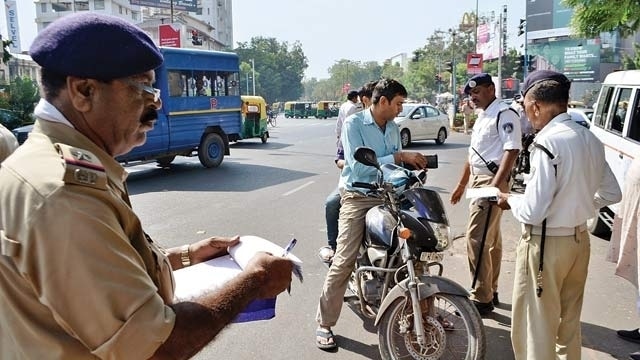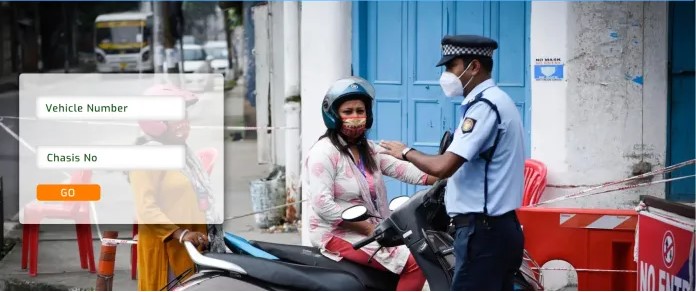
Supreme Court Ruling: Registrar Prohibited from Substantive Review in Society Registration Cancellations under WB Registration Act
03/11/2022
Empowering Change: Navigating India’s Domestic Violence Act
02/01/2024Navigating the realm of vehicle challans can be a daunting task, often entailing legal complexities and financial burdens. In such scenarios, leveraging Lok Adalats in India can offer a pragmatic and efficient avenue for dispute resolution. This article explores the benefits and process of resolving vehicle challans through Lok Adalats, shedding light on their cost-effectiveness and accessibility in comparison to traditional legal proceedings.
Understanding Lok Adalats: An Overview of Alternative Dispute Resolution
Dealing with vehicle challans can often be overwhelming, with the potential for legal complications and financial burdens. However, Lok Adalats in India offer a unique and efficient approach to resolving such disputes. Lok Adalats, or People’s Courts, are a cornerstone of the Indian legal system established under the Legal Services Authorities Act, 1987. These courts focus on the principles of speedy and cost-effective justice, making them accessible to all sections of society. Unlike traditional courts, Lok Adalats prioritize conciliation and compromise over adversarial proceedings.
Their unique composition, typically including a judicial officer, lawyer, and social worker, ensures a diverse perspective in the resolution process. With their informal proceedings and emphasis on mutual consent, Lok Adalats handle a variety of cases, ranging from marital and land disputes to minor criminal offenses and traffic challans.
Benefits and Considerations: Resolving Vehicle Challans through Lok Adalats
Opting for Lok Adalats to resolve vehicle challans offers several advantages over traditional legal proceedings. One of the most significant benefits is cost-effectiveness. Lok Adalats do not require any court fees for filing cases or petitions, making them an affordable option for individuals seeking to resolve their challans without incurring additional expenses.
Moreover, any fees paid in regular courts are refunded upon settlement in a Lok Adalat, further reducing financial burdens. Additionally, Lok Adalats operate on the principle of mutual consent, ensuring that decisions are fair and acceptable to both parties involved. This approach promotes a quicker resolution process compared to traditional courts, which can be bogged down by lengthy procedures and backlogs of cases. However, it’s important to consider the limitations of Lok Adalats. They cannot handle cases involving serious criminal charges or non-compoundable offenses, and both parties must agree to the terms for a resolution to be reached.
Despite these considerations, Lok Adalats remain an efficient and accessible option for resolving vehicle challans, offering a swift and cost-effective alternative to traditional legal proceedings.


